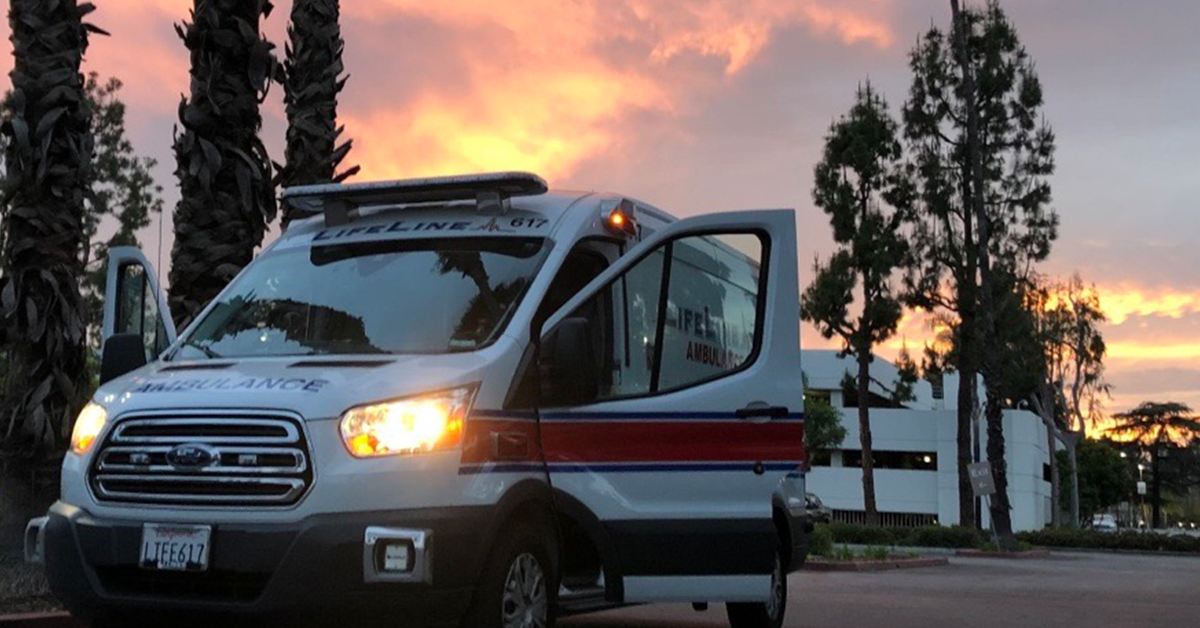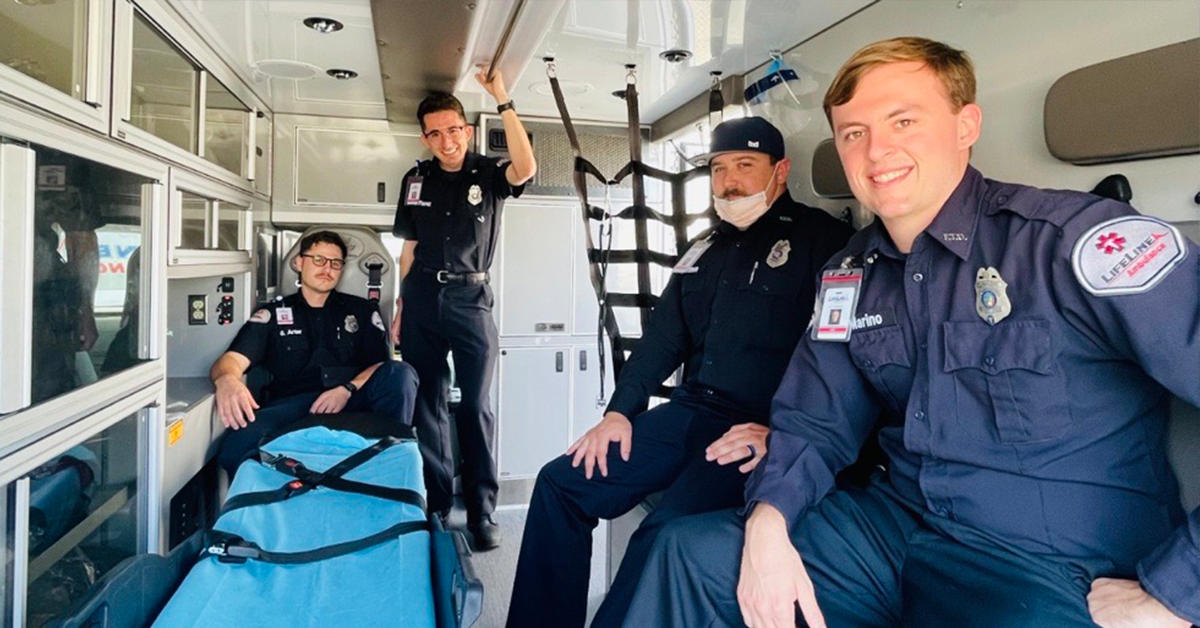No matter which social media platform you navigate these days, you’ll inevitably find yourself diving into a sea of AI assistants, enticed to purchase the latest gadget, or sharing your newfound favorite inspirational quote with your BFF at 2 am. I often capture snapshots of this digital landscape, pondering its relevance later, thinking, “This deeply resonates with me.” For a brief span of three minutes, I’m infused with fresh goals and newfound directions, even a different approach to leadership.
In the realm of inspirational content on social media, there’s a myriad of perspectives c o m p e t i n g f o r a t t e n t i o n , m a k i n g i t increasingly challenging to guide and engage our workforce. Josh Howarth, referencing a GWI statistic, highlights that out of the 68.6 million Gen Z individuals in the United States, 64% use Instagram daily, with 40% indicating plans to leave their jobs within the next two years. Gen Zs are on social media an average of two hours and 43 minutes each day. It’s clear that Gen Z is significantly influenced by daily online interactions, potentially leading to short-term commitments.
The dichotomy between “You do You” and “Be Kind to Others” poses a dilemma. Are they mutually exclusive, and does one attitude overshadow the other, complicating workplace dynamics? Absolutely!
Fundamentally, our leaders and workforce are inclined towards kindness, advocating for the “Be Kind to Others” ethos. The services they provide and the communities they support rely on this inherent goodness, even during the darkest hours. But do we truly grasp how social media norms shape the behavior and mindset of current and future employees? Could someone’s online interests, which shape social media algorithms, predefine their suitability as a valuable team member?
In numerous fields, including EMS, organizations leverage social media to depict a day in the life of professionals like EMTs, showcasing their profession. Platforms like TikTok and YouTube serve as prime hubs for individuals exploring various career paths. Yet, when our thoughts and actions are molded or at least influenced by online content, leaders in EMS organizations face mounting challenges. Does indulging in a day of “Self-Love” prompt more absences from work?
To effectively lead and manage people, we must trust in their dedication, believing they adhere to the path of kindness and commitment. However, the sentiment of “straightening another’s crown without broadcasting it to the world” seems to be diminishing by the day.
My latest favorite screenshot features wisdom from Anais Nin, reminding us that, “We don’t see things as they are, we see them as we are.”
Can we guide and inspire our workforce for two hours and forty-three minutes each day? Someone is doing it, and it should ideally be us.
Keep Reading
Want more? Here are some other blog posts you might be interested in.
Emergency Medical Services professionals are often the first point of contact during critical health crises. While technical expertise is essential in emergency...
Emergency Medical Services play a critical role in ensuring the health and safety of communities. In Southern California, including Los Angeles, the...
Large-scale sporting and concert events attract thousands of attendees, creating both excitement and logistical challenges. Behind the scenes, Emergency Medical Services (EMS)...







